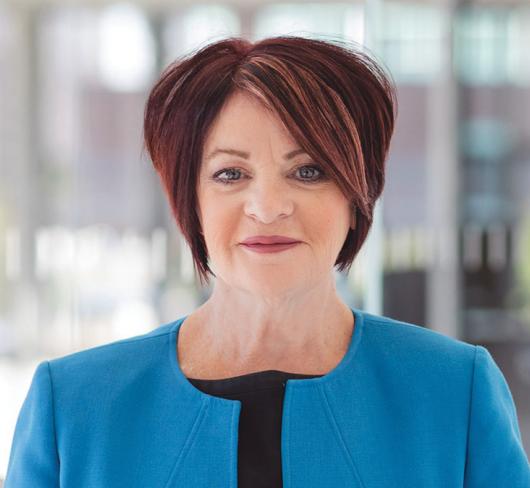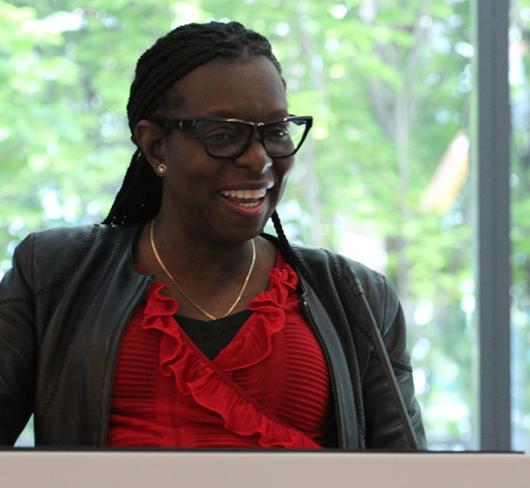
Photo by Christine Cousins
From the Editor - Spring 2023
The spring issue of Voice is our environment issue, an opportunity to consider best practices for engaging students on environmental justice and environmental solutions. In Imagining our Sustainable Community, Cynthia Roulston writes about inviting her students to consider what type of development would have the greatest positive environmental and social impacts on their gentrifying community. “Students became architects, urban planners, engineers and artists as they worked in small groups to create a scaled architectural model of how they would develop a vacant lot,” she writes.
In Indigenous Storytelling and Environmental Connections, Teri-Lyn Flemming considers the value of integrating an environmental focus and the art of storytelling into curriculum areas from STEM to Social Studies. In this issue’s interview, Sarah Lowes speaks with Halton student Gweneth Arumainayagam about how she became a climate justice activist and advice she has for other kids. Gweneth says, “Never give up. No matter how impossible it seems there will always be a solution. Do your own little part and spread awareness about climate change.”
Also in this issue, Amrita Kaul reflects on the ways in which chronic underfunding of public schools and large classes have stretched special education resources. “Special education services in Ontario feel increasingly more difficult to access while the need for them becomes even more dire. Long wait times, insufficient staffing and a general underfunding of Ontario’s social welfare programs has brought the integrity of our entire system to a crisis,” she writes.
As bargaining continues, we also explore why teacher professional judgement is enshrined in the Teacher/Occasional Teacher collective agreement and why ETFO will fight to keep it there in Teacher Professional Judgement is Essential for Student Learning by Tara Zwolinski. “Teachers deserve to be respected and recognized for their expertise in the classroom and for using their professional judgement to improve student learning,” Zwolinski writes. “Why? Because the best education systems in the world prioritize teacher professional judgement, autonomy and voice.”
These articles, along with a curriculum insert on trees and reciprocity, an environment-themed crossword, environment-focussed book reviews and a From the Podcast excerpt on environmental racism are sure to make for great spring reading.
– Izida Zorde

